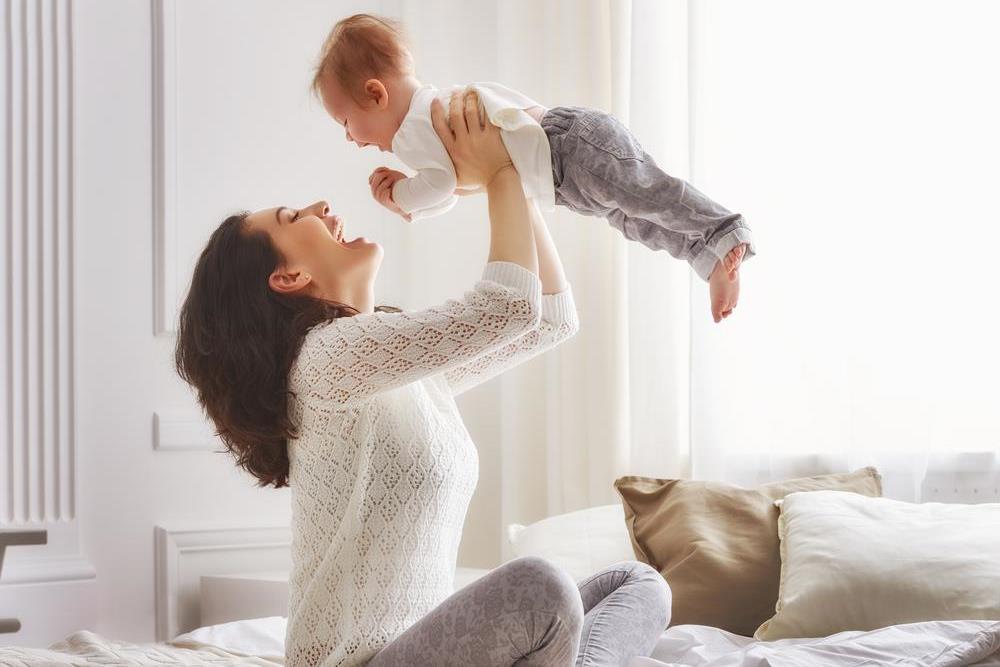Monitoring Your Baby's Growth and Nutrition
This article provides guidance on monitoring your baby's growth, understanding nutritional needs, and age-specific weight expectations. It emphasizes the importance of breastfeeding, timing for introducing solids, and adults' role in supporting healthy development. Helpful tips from pediatricians ensure parents can confidently track their child's progress and address concerns accurately, ensuring optimal health and growth for their little ones.

Monitoring Your Baby's Growth and Nutrition
Parents often worry about ensuring their babies and toddlers grow healthily. To determine if your child's weight is on track, it's essential to understand their nutritional needs. Proper feeding, adequate nutrition, and medical advice all play vital roles in your baby's development. Several factors influence weight gain, including feeding habits and health status. Maintaining your child's health and well-being is crucial for reaching optimal growth milestones.
Good health and proper care are essential for your baby's strength and growth. Ensuring your little one remains satisfied and healthy helps maintain appropriate weight. Let's explore the ideal weight for infants across various age groups. Continue reading!
Newborns
Newborns are fragile and may temporarily lose a few ounces after birth, which is normal. Typically, they regain weight within 10 to 12 days. Breast milk is the recommended nutrition for newborns, promoting healthy weight gain. Some mothers use formula, but consult your pediatrician if the baby shows allergies or reactions. It’s also vital to monitor the mother’s diet since it can impact breast milk quality.
1–6 months
During this stage, babies usually grow about an inch per month and gain roughly 5–7 ounces weekly, provided their nutritional needs are met. If you notice unusual weight concerns, seek advice from a pediatrician or lactation consultant. Babies under six months should not be given solid foods, as breast milk and formula perfectly support growth. Introduce solids gradually from six months, observing for sensitivities by waiting three days between new foods.
7–12 months
Babies in this age range tend to gain approximately two pounds each month. Less than this indicates the need for medical consultation. Solid foods like small fruit pieces, cheese, cooked pasta, or meatballs are suitable at this stage. As babies begin to explore new tastes, always ensure foods are safe and avoid choking hazards. Breast milk alongside solids continues to support healthy growth.









